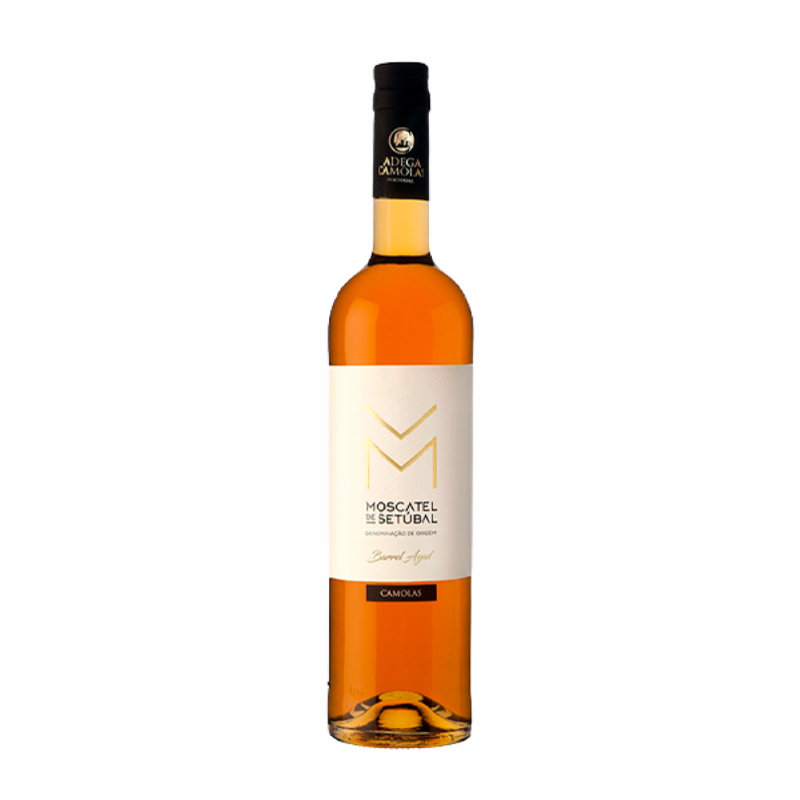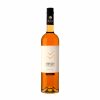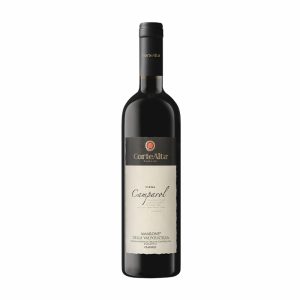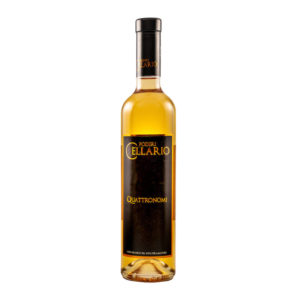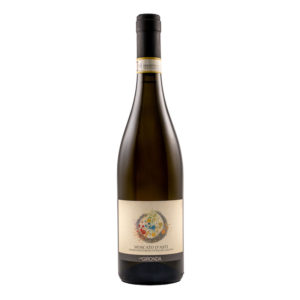| Country | |
|---|---|
| Region | Setúbal |
| Grape Variety | Muscat |
| Producer | Anjo |
| Certification | Organic, Vegan |
Moscatel de Setubal Camolas 2021 – Anjo
£25.50
Moscatel de Setúbal Camolas features Muscat d’Alexandria grapes, offering citrus and dried fruit aromas. On the palate is rich of raisins, honey, and apricots. It pairs wonderfully with nuts, desserts, cheese, and biscuits. Crafted with passion and expertise in Setúbal, Portugal, it embodies centuries-old winemaking traditions.
Availability: In stock
Create your mixed case and save over 15% when you buy 6 to 12 bottles.
Mix and Match applied.
Colour
FLAVOURS
Palate
Sweetness
Acidity
Body
Abv
Serve At
Food Pairing
The name Anjo itself is special. The parish within the Setubal region is called Quinta do Anjo, meaning “Angel’s Farm“.
António José Saramago is the third generation of the family business. With more than four decades of permanent discovery, Anjo’s vineyards, Muscat grape and climate harmonise like few other places in the world. António is a master winemaker, and has generations of family technique and experience – making him one of the worlds finest fortified winemakers.
The grapes used to produce Anjo Moscatel are 100% organic – meaning they are not sprayed with harmful chemical pesticides and fertilisers. All of our processes are organic and sustainable, providing you with the most natural wine possible. The cork we use is produced from local Portuguese bark. Preserving the cork oak forest areas in Setubal provides the perfect habitat for many animal and plant species – making Anjo’s cork truly eco-efficient.
Moscatel de Setubal
Moscatel de Setubal is a fortified sweet wine made from the Muscat grape variety in the Setubal Peninsula of Portugal. It exhibits intense and complex aromas, including floral notes of orange blossom and rose, along with fruity aromas of orange peel, apricot, and dried fruits. The wine has a luscious, rich, and honeyed flavour profile. It is aged in oak barrels for several years, adding nutty and spicy nuances.
Its origins can be traced back to ancient Rome, when the Romans introduced winemaking to the region. Over time, the production of Moscatel de Setúbal became an important part of the local economy, and it played a significant role in the development of the region. During the Middle Ages, it became popular with the ruling classes, and was often served at royal courts and banquets. Today, Moscatel de Setúbal is still an important part of the culture in the Setúbal region.
With a higher alcohol content, typically between 17% to 20%, it pairs well with desserts featuring caramel, toffee, nuts, or citrus flavours. It also complements blue cheeses and can be enjoyed on its own as a dessert wine.
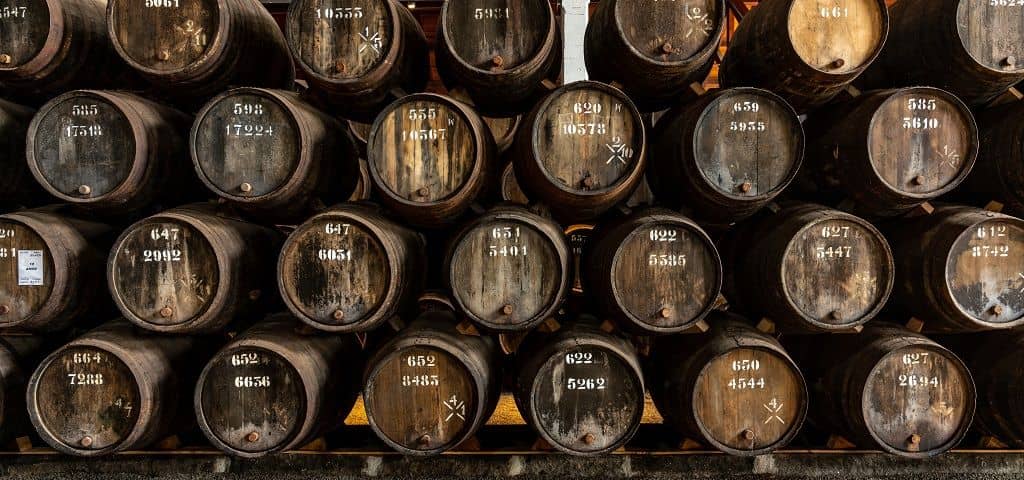
You might also enjoy


